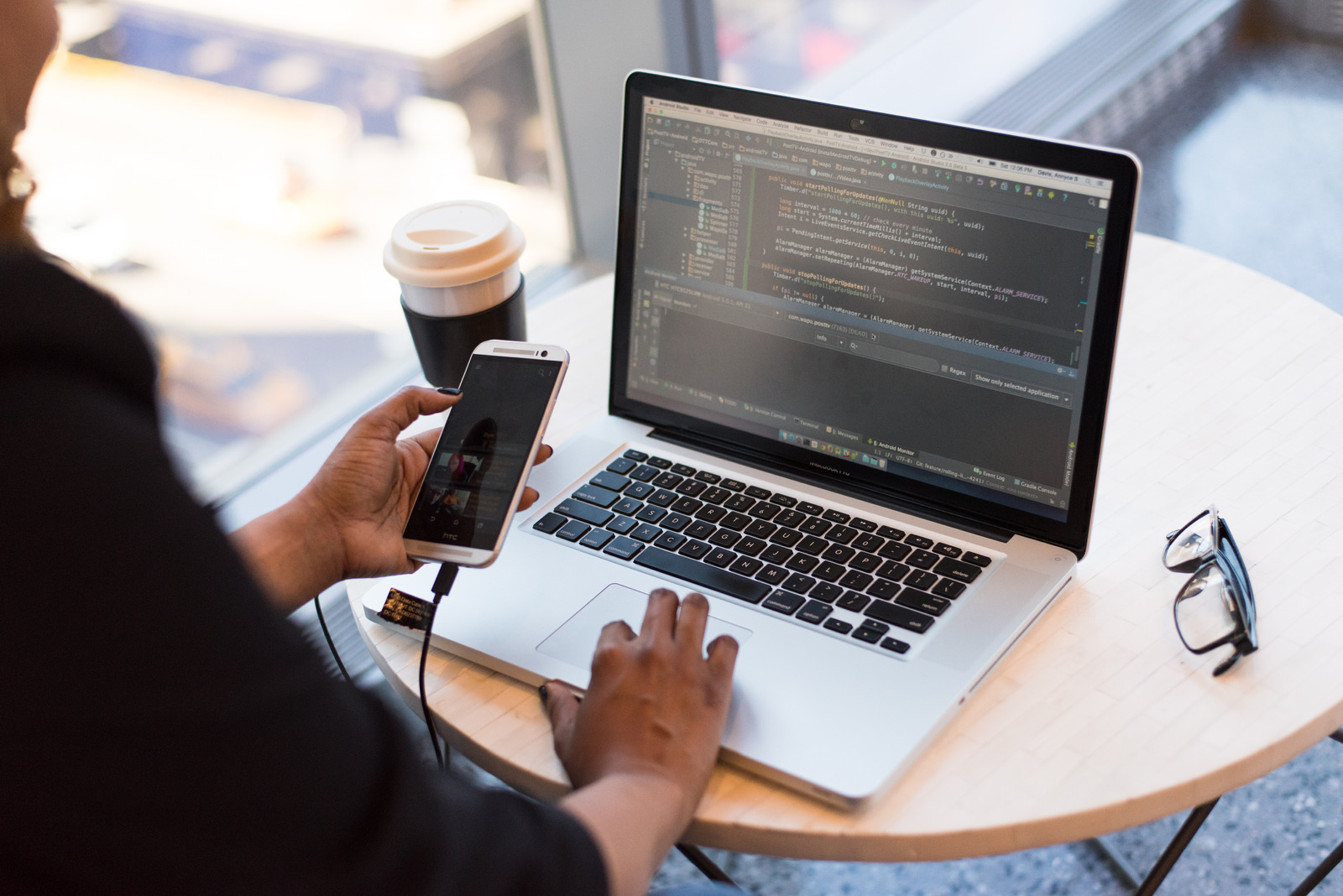Why You Need More Than An Antivirus in 2020
The internet and IoT devices have become important aspects of our lifestyle. It is almost impossible to live without the convenience that these innovations in technology bring into our lives.
We cannot exhaust the many benefits that technology has introduced in our lives, making interactions, banking, shopping, advancing careers, building businesses and so on, easier than ever.
But even with all these benefits, the internet has its fair share of troubles. Prospective ones if you may. As more and more users continue to rely on internet use, the number of malware and other cyber risks continues to spike.
Here is the catch: the more connected you are, the higher the vulnerability. This then begs the question: how do you protect yourself? Fortunately, for you, this article answers this and other concerns around effective security for all your devices.
Why is Antivirus protection no longer enough
Many people have for a long time relied on antiviruses for device protection. But gone are the days when viruses were the only attacks to be wary of. Just like there has been an evolution in digital technology, the threat landscape has also improved and is now much more sophisticated.
Today, any internet user is vulnerable to more evolved attacks like spyware, Trojans, IoT attacks among many others.
The fact that we now have access to a variety of devices makes it difficult for an antivirus alone to offer you the much-needed protection. Think of the number of devices in your possession: smartphones, computers, fire sticks, routers, smart TVs, Smartwatches and so on. The list could go on and on depending on your lifestyle.
Multiple devices mean multiple avenues for malware to creep into your network. To remain safe, you need security on your network. Most antiviruses only guarantee protection against viruses and worms.
Digital dangers facing the public in 2020
Phishing emails
Emails remain to be one of the highly exploited avenues by hackers. Many digital attacks are spread through fake emails.
Attackers craft fake emails making them look official or from an important contact. They then include malicious links or attachments. A single click on the links and attackers gain express access to run malware into your device.
Recently, hackers have been launching coronavirus-related phishing attacks just to capture the attention of unsuspecting email users.
Spyware
These are malicious programs that monitor your online activities without your consent. Spyware programs may harvest your user data or install additional malicious programs. They target sensitive information and may use it for several purposes.
The collected data may be used to compromise your accounts or to impersonate you for malicious gains.
Spyware attacks are spread via spammed email attachments, compromised software downloads, and luring pop-up ads.
Cloud attacks
Cloud computing allows individuals and enterprises to store essential resources on the internet. While this is an affordable and easily accessible option, the resources are vulnerable to attacks. Hackers use cloud attack vectors to dispatch malware into the cloud system.
Such an attack exposes important data to hackers and other third parties. To remain safe, you need security infrastructure as a service, which may not be in the purview of your antivirus.
Security tools to protect yourself from advanced digital threats
No doubt, antiviruses are still essential tools. However, to keep the security threats like the ones discussed above at bay, you need additional security tools. Here are some effective security tools to consider
Email security tools
These are tools that help keep emails and all the sensitive information contained therein safe from unauthorized access. These tools encrypt email contents until they reach the intended recipient. It, therefore, becomes impossible for hackers to intercept online correspondences.
Email security tools offer effective protection against malicious and spam emails by detecting them and blocking them as soon as they find their way into the network.
Use a VPN
Another way to keep hackers and attackers off is by using a VPN app. You can start by trying out a free VPN trial. Using a virtual private network on all your devices helps secure all your online activities. You can browse the internet without leaving any footprints.
This anonymity is made possible through data encryption and encapsulation.
A vulnerability scanner
This tool helps in timely detection of security gaps within your network. Vulnerability scanners help to ensure that network security is at its best for sensitive data. Through constant monitoring, these tools can detect a vulnerability and suggest important fixes before attackers exploit it.
2-FA authentication
Set up 2-FA authentication to verify all login attempts to your accounts. This will limit the possibility of hackers compromising your accounts. This tool sends a non-reusable code to your mobile device which serves as an access verification.
You can set up two-factor authentication on all your profiles including social media accounts.
Cloud security tools
Cloud security can be achieved using cloud security solutions. This is the only way to block intruders from making unauthorized access to your cloud storage. A reliable cloud security solution should protect all your cloud data including applications and files.
You can also customize your security policies accordingly if you are using multiple devices.
Conclusion
Antiviruses are important security tools. However, to effectively deal with modern-day cyber risks which continue to evolve by the day, you need additional measures.
When used appropriately, the tools discussed above along with smart practices whenever you are using the internet can help you protect your sensitive information and devices.

